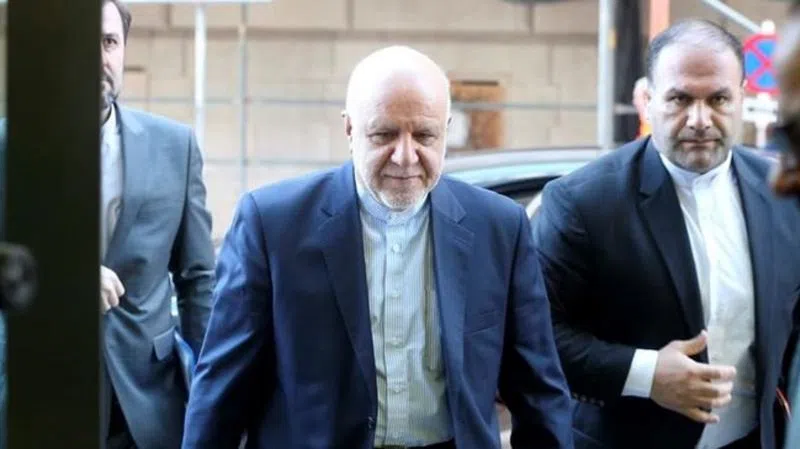
OPEC calls for big production cut, but will Russia agree?
VIENNA — The OPEC oil cartel is calling for a deep production cut to keep crude prices from falling further as disruption to global business from the coronavirus slashes demand from air travel and industry.
Oil ministers from the 14 OPEC countries decided at a meeting Thursday to push for a cut of 1.5 million barrels a day, or about 1.5% of total world supply.
It remains unclear, however, whether that can stabilize a market as demand is falling sharply because of the virus outbreak’s impact on businesses around the world.
Since the outbreak began in China last month, air travel to the country — the world’s second-largest economy — has all but stopped, sapping demand for aviation fuel. Manufacturing output fell sharply as cities with millions of residents locked down to contain the spread of the virus. That has caused chaos for industries around the world, and major companies have halted business travel out of precaution.
